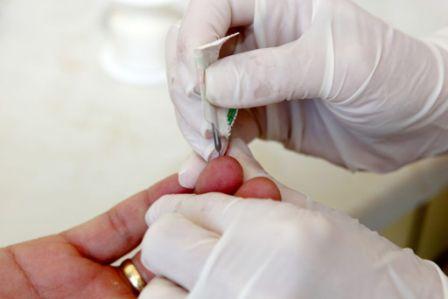Bhubaneswar: Public health and community medicine experts from All India Institute of Medical Sciences (AIIMS) Bhubaneswar and other premier institutions, Saturday, said that several frontline workers in Odisha are anaemic and need attention.
This was revealed by Dr Vikas Bhatia, former head of AIIMS, Bhubaneswar Community Medicine department in a brainstorming session. He said that in one of the surveys conducted by AIIMS, Bhubaneswar, several categories of frontline workers were found to be anemic after their examination of Hemoglobin (Hb) levels.
“Anaemia is not only prevalent among common people; it is there among frontline health workers. Among the frontline workers, anaemia is most common among ASHA workers (69 per cent), followed by Anganwadi workers (62%) and auxiliary nurses and midwives (ANMs) (53 per cent),” Bhatia said.
He also said that the occurrence of severe anaemia is low (at 1-3 per cent), but the prevalence of moderate anaemia (at 7-20 per cent) and of mild anaemia (39-58 per cent) is very high in the state.
The disease is mostly found in lactating mothers (77 per cent), followed by women of reproductive age (71 per cent), pregnant women (69 per cent) and adolescent girls (68 per cent), the central government institution said.
Other experts said that several lactating women are also found to be anaemic and batted for better screening and timely medical intervention for the same.
“We need to think of better and effective therapeutic options such as intravenous Ferric Carboxy Maltose (FCM) for improving hemoglobin level among postpartum women with moderate to severe anaemia. Multi pronged approach must be adopted to deal with the condition,” said Shashi Kant, Senior Professor & Head, Centre for Community Medicine, New Delhi.
Debasish Hota, head of Pharmacology department at Bhubaneswar AIIMS, said that over 50 per cent population in Odisha is anaemic and women and children are the worst sufferers.
“If a child is anaemic, there will be problem in its growth and development, whereas in adult, we find depression and reduction of life span, if the adult is anaemic. We as medical personnel need to deal with anaemia with a holistic approach.”
The session was organized by the Resource Center for Advancement of Public Health Nutrition, AIIMS Bhubaneswar in collaborations with Unicef, Odisha.






































